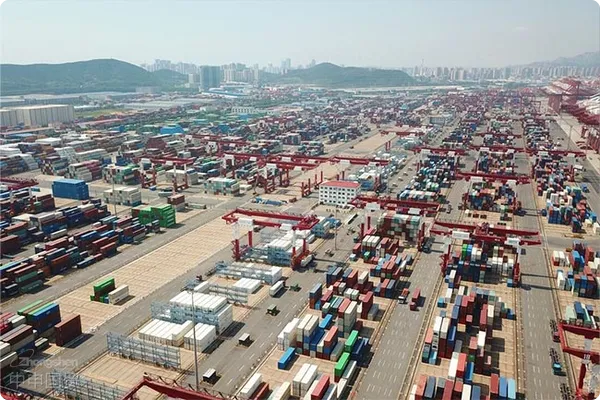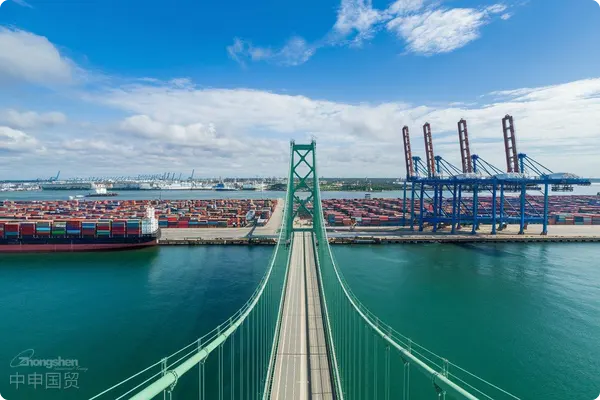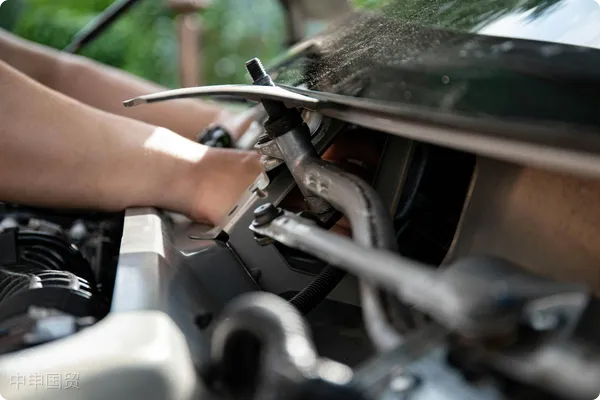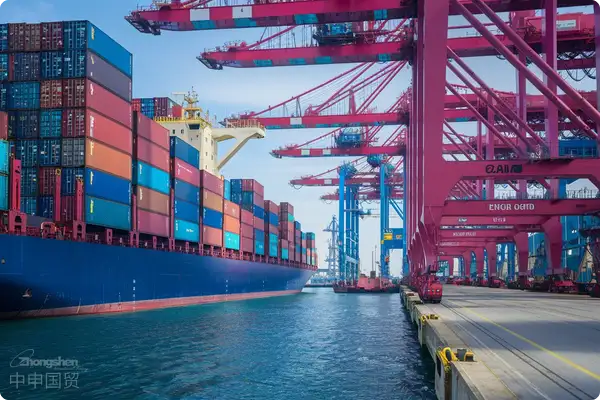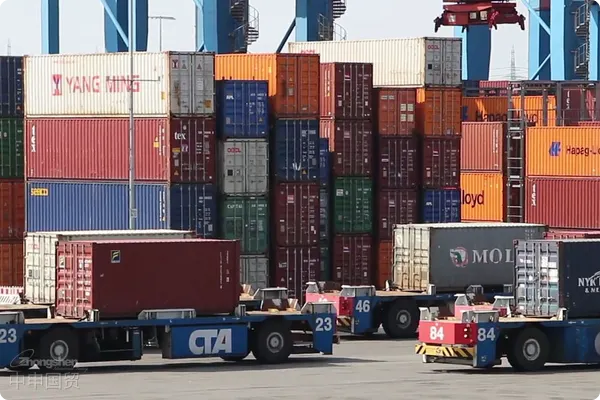- Shanghai Zhongshen International Trade Co., Ltd. - Two decades of trade agency expertise.
- Service Hotline: 139 1787 2118
What is FCA?
FCA stands for Free Carrier. Translated into Chinese, this term means delivered to carrier. Typically, the exporter delivers the goods to a specified location, where a designated carrier, appointed by the importer, will collect them. Of course, the exporter is responsible for handling export customs clearance procedures during this process. Once these procedures are completed and the goods are delivered, the transaction is considered finalized. Therefore, this mode is highly advantageous for exporters, as it significantly reduces the risks they bear when delivering goods under FCA terms.
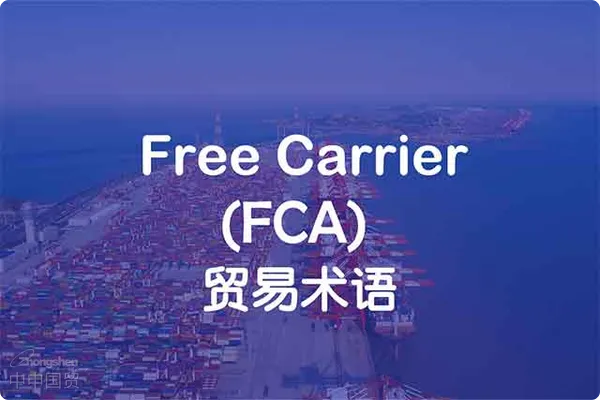
Sellers obligations under FCA
Sellers obligations
The exporter must provide the goods as stipulated in the contract, along with a commercial invoice or equivalent electronic information, and any other documents required to prove the goods compliance with the contract.
The exporter must bear the risks and obtain export licenses or other official approvals, as well as complete all necessary customs procedures for export. At the specified location or other delivery point, the exporter must deliver the goods to the carrier or another person designated by the importer within the agreed time or period, using the agreed method or customary practices for the location. The exporter assumes all risks of loss or damage to the goods until delivery is completed.
Buyers obligations under FCA
Buyers obligations
The buyer must arrange transportation and fully notify the exporter of the carriers name, transport vehicle, and delivery time and location. From the moment the exporter delivers the goods, the buyer assumes all risks of loss or damage. The buyer must obtain import licenses or other documents, complete all customs procedures if required, and pay any related fees or transit charges. The buyer must accept the delivery document or equivalent electronic information and pay the price as stipulated in the contract.
This article link:Obligations of buyers and sellers under trade term FCA?|?FCA trade terms?|?FCA trade export customs declaration?|?FCA trade freight
List of Parties Responsible for Costs between Buyers and Sellers under Various Trade Terms

Related Recommendations
Learn
Contact Us
Email: service@sh-zhongshen.com
Related Recommendations
Contact via WeChat

? 2025. All Rights Reserved. 滬ICP備2023007705號(hào)-2  PSB Record: Shanghai No.31011502009912
PSB Record: Shanghai No.31011502009912
